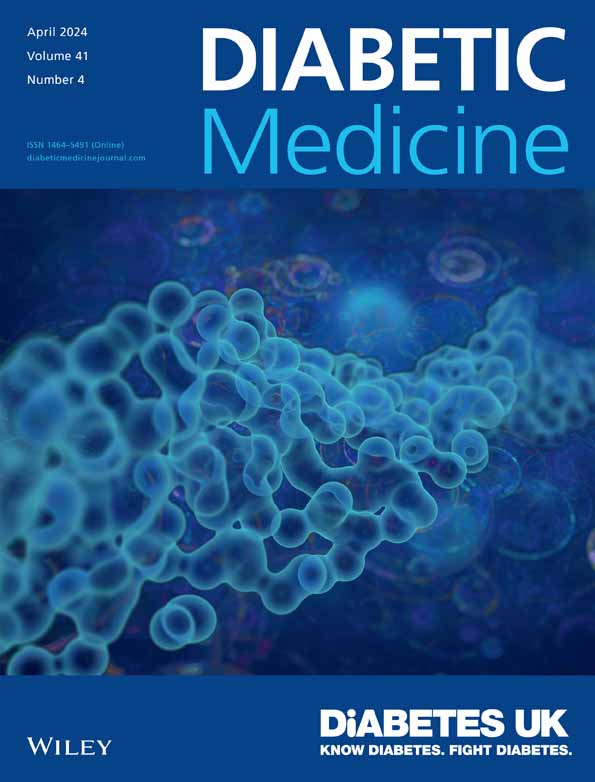Protocol for the STEADY intervention for type 1 diabetes and disordered eating: Safe management of people with Type 1 diabetes and EAting Disorders studY
Clinical Trials Registry No; ClinicalTrials.gov NCT05140564
Abstract
This paper describes the protocol to test the feasibility of the Safe management of people with Type 1 diabetes and EAting Disorders studY (STEADY) intervention. STEADY is a novel complex intervention for people with type 1 diabetes and disordered eating (T1DE) of mild to moderate severity. The STEADY intervention integrates cognitive behavioural therapy (CBT) with diabetes education, and was developed using Experience-Based Co-Design.
Methods
The feasibility of STEADY will be tested using a randomised controlled feasibility trial. Forty adults with T1DE will be recruited and randomised into the STEADY intervention or treatment as usual control group. We will collect demographic, biomedical and psychometric data, routine glucose metrics and conduct the Structured Clinical Interview for DSM-5. Participants randomised to the STEADY intervention will receive 12 STEADY therapy sessions with a diabetes specialist nurse trained in CBT, delivered via videoconference and an optional smartphone app. The main outcome at 6 months will be the feasibility of STEADY (recruitment, dropout rates, feasibility of delivery). The secondary outcomes are biomedical (HbA1c and glucose time in range) and psychological (person-reported outcome measures in disordered eating, diabetes distress, depression and anxiety). A process evaluation will evaluate the fidelity, feasibility, acceptability and appropriateness of STEADY, and participant experiences.
Ethics and dissemination
The protocol was approved by the East of England—Essex Research Ethics Committee (21/EE/0235). Study findings will be shared with study participants and disseminated through peer-reviewed publications and conference presentations.
CONFLICT OF INTEREST STATEMENT
None to declare.




